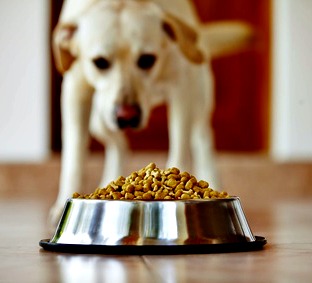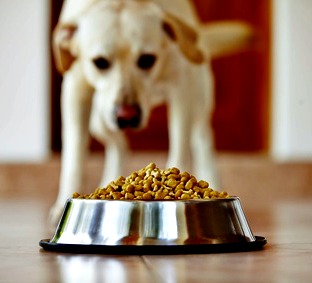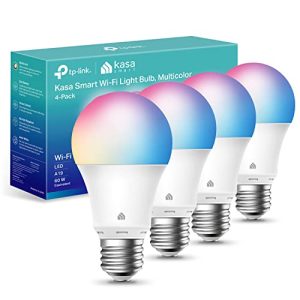Contents
If your beloved furry friend has been diagnosed with vestibular disease, you might be wondering how to properly nourish them to ease their discomfort and help them regain their balance. Look no further, as our comprehensive guide on “Feeding Tips for Dogs with Vestibular Disease” has got you covered. From choosing the right food to feeding techniques, we will provide you with the knowledge and tools to ensure your dog’s nutritional needs are met during this challenging time. So, let’s dive in and discover how to give your pup the best possible care!
Feeding Tips for Dogs with Vestibular Disease
Feeding a dog with vestibular disease can be a challenging task, but with the right strategies and understanding of the condition, you can ensure that your furry friend receives the nutrition they need to aid in their recovery. In this article, we will provide you with comprehensive tips on how to feed a dog with vestibular disease, covering everything from understanding the condition to choosing the right type of food and implementing feeding techniques that promote their well-being.

Understanding Vestibular Disease
Before delving into the feeding tips, it is crucial to have a clear understanding of vestibular disease. Vestibular disease affects a dog’s balance and coordination, often causing symptoms such as dizziness, disorientation, head tilting, and loss of appetite. It can be caused by various factors, such as ear infections, tumors, or even idiopathic reasons. Understanding the symptoms and effects of vestibular disease on eating and drinking habits is vital when it comes to managing their nutritional needs.
Importance of Proper Nutrition
Proper nutrition plays a vital role in supporting a dog’s recovery from vestibular disease. It not only promotes healing and maintains energy levels but also supports their immune system and prevents weight loss. By providing a well-balanced and nutritious diet, you can significantly improve their overall well-being and aid in their rehabilitation process.

Consulting with a Veterinarian
When dealing with a dog with vestibular disease, it is essential to consult with a veterinarian. They will be able to provide professional advice tailored to your dog’s specific needs. Your veterinarian can help determine the right dietary plan for your dog, considering their overall health condition, age, and any potential dietary restrictions or allergies they may have. It is also crucial to discuss any medications your dog may be on to ensure compatibility with their diet.
Frequency and Portion Control
Establishing regular mealtimes and implementing portion control is vital when feeding a dog with vestibular disease. By dividing their meals into smaller portions, you can make it more manageable for them to eat without feeling overwhelmed. It is essential to monitor your dog’s food intake, ensuring they are eating enough but not overeating. Consistency in serving sizes is also crucial to maintain their nutritional intake and promote a healthy eating routine.

Choosing the Right Type of Food
Selecting the right type of food for a dog with vestibular disease can make a significant difference in their recovery. High-quality commercial dog food is a suitable option for most dogs, providing balanced nutrition. Soft or moist foods can be easier for dogs with vestibular disease to chew and swallow, especially if they experience jaw or mouth discomfort. Limited ingredient diets or prescription diets may be necessary for dogs with specific dietary needs or allergies. Some owners may choose to feed their dogs home-cooked or raw diets, but it is essential to consult with a veterinarian to ensure these diets meet their nutritional requirements.
Hydration
Hydration is crucial for a dog with vestibular disease, as they may be prone to dehydration due to decreased water intake. Providing fresh water at all times is essential to ensure your dog stays hydrated. You can encourage water intake by offering multiple water bowls throughout the house or adding natural flavors like bone broth or low-sodium chicken broth to make it more enticing. Water additives, such as electrolyte supplements, may also be beneficial. Monitoring your dog’s urination patterns can give you an indication of their hydration levels.

Elevated Feeding
Elevated feeding can provide numerous benefits for a dog with vestibular disease. Raised bowls can reduce neck strain and improve their comfort and accessibility during meals. By choosing the right height for the raised bowls, you can ensure that your dog can eat without having to stretch their neck or bend over excessively. This can be particularly helpful for dogs experiencing dizziness and balance issues.
Avoiding Excessive Exercise
While exercise is typically beneficial for a dog’s overall health, it is crucial to understand the limitations of dogs with vestibular disease. Excessive exercise can worsen their symptoms and hinder their recovery. It is recommended to regulate your dog’s physical activity and implement gentle and controlled movements. Consider using assistive devices such as harnesses or slings to support their mobility and stability.

Feeding Techniques
In addition to selecting the right type of food and ensuring proper hydration, there are specific feeding techniques that can assist dogs with vestibular disease. Feeding frequent but smaller meals throughout the day can prevent your dog from feeling overwhelmed and aid in their digestion. You can also try hand-feeding or using puzzle toys to make mealtime more engaging and enjoyable for your furry friend.
Supplements for Supportive Care
Supplements can play a supportive role in the care of dogs with vestibular disease. Omega-3 fatty acids can help reduce inflammation and support brain health. Joint supplements can ease any discomfort caused by mobility issues. Digestive enzymes and probiotics can aid in digestion and promote a healthy gut. Antioxidants can boost their immune system and overall well-being. It is crucial to consult with your veterinarian before introducing any supplements to ensure they are suitable for your dog and do not interfere with any medications they may be taking.
In conclusion, caring for a dog with vestibular disease requires a comprehensive approach to their nutrition. By understanding the condition, consulting with a veterinarian, and implementing the right feeding techniques, you can provide the necessary support to aid in their recovery. Paying attention to their eating habits, providing a balanced diet, and ensuring proper hydration will go a long way in improving their overall well-being. With patience, love, and the right feeding tips, you can help your furry friend navigate through their vestibular disease with ease.








